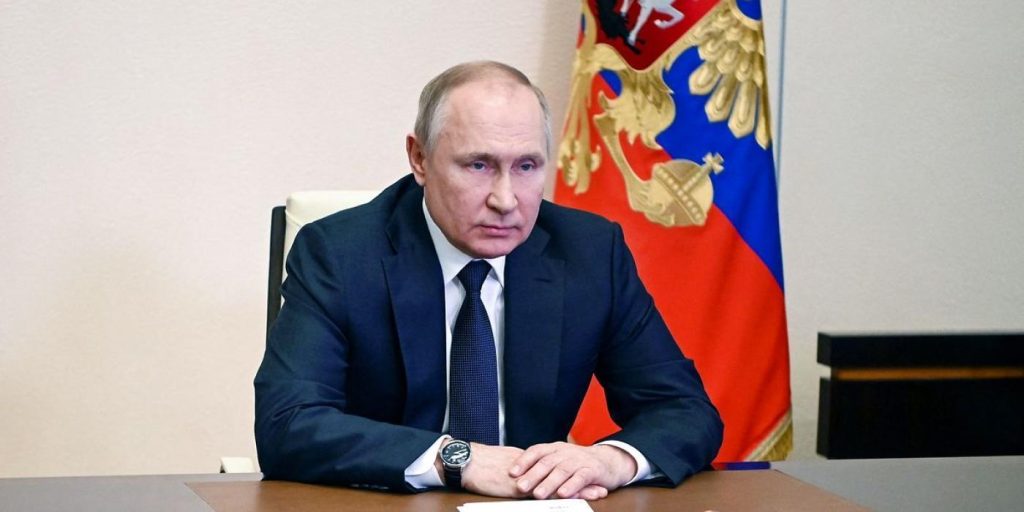Putin imposes new restrictions.
Others are reading now
Russian President Vladimir Putin has recently introduced new capital control measures, specifically targeting Western companies looking to divest their Russian assets.
As reported by the “Financial Times,” the Kremlin now requires that any sale of assets by Western entities must be denominated in the Russian ruble.
This directive represents an additional layer of monetary control, with the aim of curtailing the ruble’s depreciation.
Also read
Individuals with knowledge of the matter conveyed to the “Financial Times” that these latest restrictions reflect Moscow’s concerns over potential further devaluation of its currency, especially as the Russian economy contends with the repercussions of Western sanctions imposed in response to last year’s invasion of Ukraine.
Notably, the ruble has already lost over 20% of its value against the dollar this year, exceeding the psychologically significant threshold of 100 rubles to the dollar in August.
This depreciation prompted the authorities to take mitigating actions, which one banker involved in the withdrawal process of Western companies from Russia likened to “putting a Band-Aid on gangrene.”
Moreover, the Kremlin’s spokesperson, Dmitrij Pieskow, defended the measures to the “Financial Times,” stating that it is the duty of every government to create favorable conditions for its currency.
Therefore, Russia’s priority is to create favorable conditions for the ruble. He added that Russia’s approach to the exit of foreign firms is driven solely by its own interests.
Adding to the growing list of requirements for transaction approval, other restrictions include a recently increased “voluntary” contribution to the Russian budget, now raised from 10% to 15% of the transaction value. These measures point to a tightening grip on capital flows and an emphasis on reinforcing the ruble amid a challenging economic landscape


